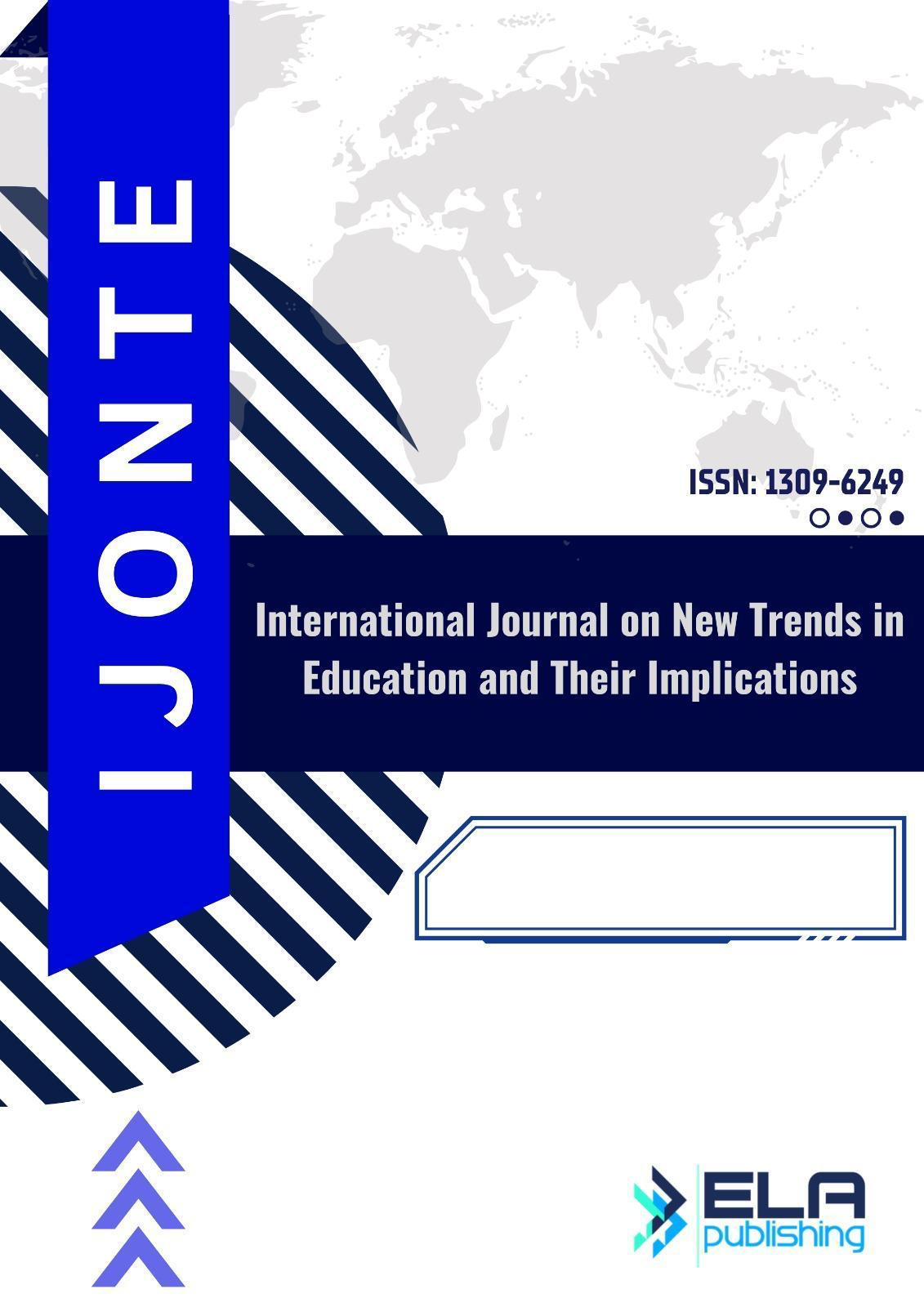Research article | Open Access
International Journal on New Trends in Education and Their Implications 2013, Vol. 4(1) 180-187
Approaches to Classroom Discipline in Turkey and Their Implications for Teacher Education
pp. 180 - 187
Publish Date: January 31, 2013 | Single/Total View: 18/30 | Single/Total Download: 19/29
Abstract
Keywords: Classroom discipline, corporal punishment, teacher education
APA 7th edition
LOZANO, R., & KIZILASLAN, I. (2013). Approaches to Classroom Discipline in Turkey and Their Implications for Teacher Education. International Journal on New Trends in Education and Their Implications, 4(1), 180-187.
Harvard
LOZANO, R. and KIZILASLAN, I. (2013). Approaches to Classroom Discipline in Turkey and Their Implications for Teacher Education. International Journal on New Trends in Education and Their Implications, 4(1), pp. 180-187.
Chicago 16th edition
LOZANO, Ricardo and Irem KIZILASLAN (2013). "Approaches to Classroom Discipline in Turkey and Their Implications for Teacher Education". International Journal on New Trends in Education and Their Implications 4 (1):180-187.
